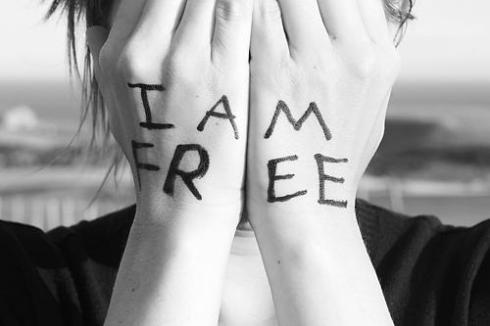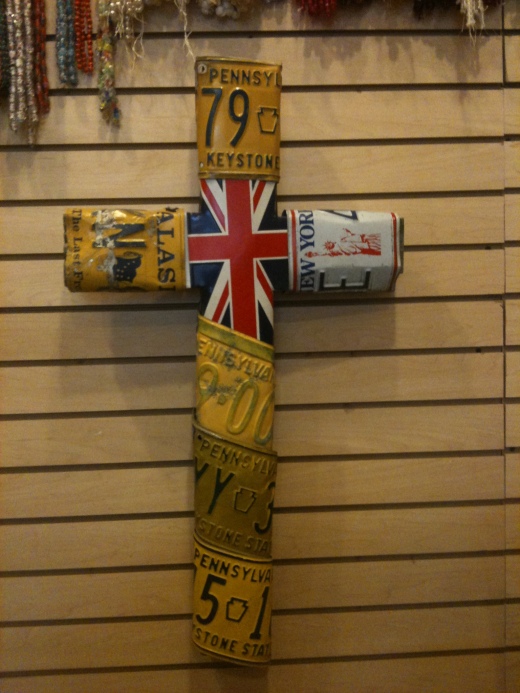My posts, lately, have been heavier on the cultural side. Fueled by our recent immersion in a new neighborhood where our story is not the dominant one told (but still in power), my story has run up against another story. This has brought on all the caution, joy, unsurity, friction, tension, and wonder of hearing new stories while living among them. My recent vignettes have largely been with children actors/actresses, and this one is no different. Likewise, it follows the sub-theme of violence that has run through some of my recent posts.
Rubbing Shoulders: Life in Suburbia
Sunday evening we took our little’s to a neighborhood park to get the last minute energy burned off a mostly-inside day. The playground wasn’t bristling, but it was comfortably populated. Enough room for all the kids to play, but interaction without rubbing elbows was impossible. While our sons shared the swings with other children, we heard fireworks in the distance. Our three year old asked (as he often does) “what was that?” “Small fireworks”, came my reply. Another child, no more than six, was swinging next to us in the “big girl” swings. Of African American descent, she told us matter-of-factly: “It wasn’t gunshots. Don’t worry. It wasn’t gunshots.”

My wife and I exchanged incredulous, sad looks. How is one so young to have such knowledge, recognition, awareness? Even typing this, I realize it’s not the fact that she is able to tell the difference: it’s how; It’s why. At six years of age, I could have likely done the same, coming from a family background deeply tied to the outdoor “sports”: hunting, fishing, and the like. But my story is told from the perspective of the shooting range or the woods. Not from the streets. It’s out of my contextual understanding -hence the shared disbelief and sorrow of me and Megan- to believe a six year old not in contact with hunting could have that ability. She knows what she knows because those who pulled the trigger did so with intent to hurt, kill. Having posted about this elsewhere, its possible that her knowledge is due to personal experience with gun violence against her family. This is her context, her story. Because it’s not mine, I can only shake my head, and pray.
Life Together: What Does This All Mean?
I’m so in the thick of other stories, I can’t process it all. Culture shock. The reeling from it and merely grappling with it makes it difficult not to hyper self-oriented. (Oh, the irony is thick here, yes? My struggle with learning the others story has me struggling more with not getting sucked into my own stereotypes, walls, real/perceived safety, etc. The escape from selfishness is a life long, difficult process.) It’s difficult to think about the religious institution I called home for most of my life, and see the lack of work of reconciliation and learning stories has been limited to a homogeneous metanarrative. Let’s call it what it is; Christianity has failed in this place. The oft quoted “most segregated hour of the week is Sunday at 11am” reveals this as well.
I’m not ranting here, or even angry as I post this. I feel its more a sharing of what I’ve experienced as real on my corner (and playground), and the lack of any worthwhile theology that engages with this story. Western, U.S., White Christianity -my story- has fallen victim to only telling, learning, and retelling its own version of the story. I’ve got nothin’ to use, here on Hays and Mellon, given the majority of my theological background. Some exceptions are there, but very few and far between. Most of them have come from interactions with others stories. No small irony.
The Longing for Sabbath Rest
I am tired, though. The work my family has before us is vast, and we need to be connected to the greater story of YHWH as we share stories with our neighbors. YHWH’s story is not above or bigger than my cultural story, nor that of my neighbors, but rather told through it. And there’s the rub: the friction of contact can be exhausting. Lord, Have Mercy. Christ Have Mercy. Lord Have Mercy.
Posted in Culture, Spirituality, Urban
Tags: Children, Church, Culture, Faith, Hays St., kids, Mellon St., Metanarratives, Narratives, Pittsburgh, Story








Recent Comments